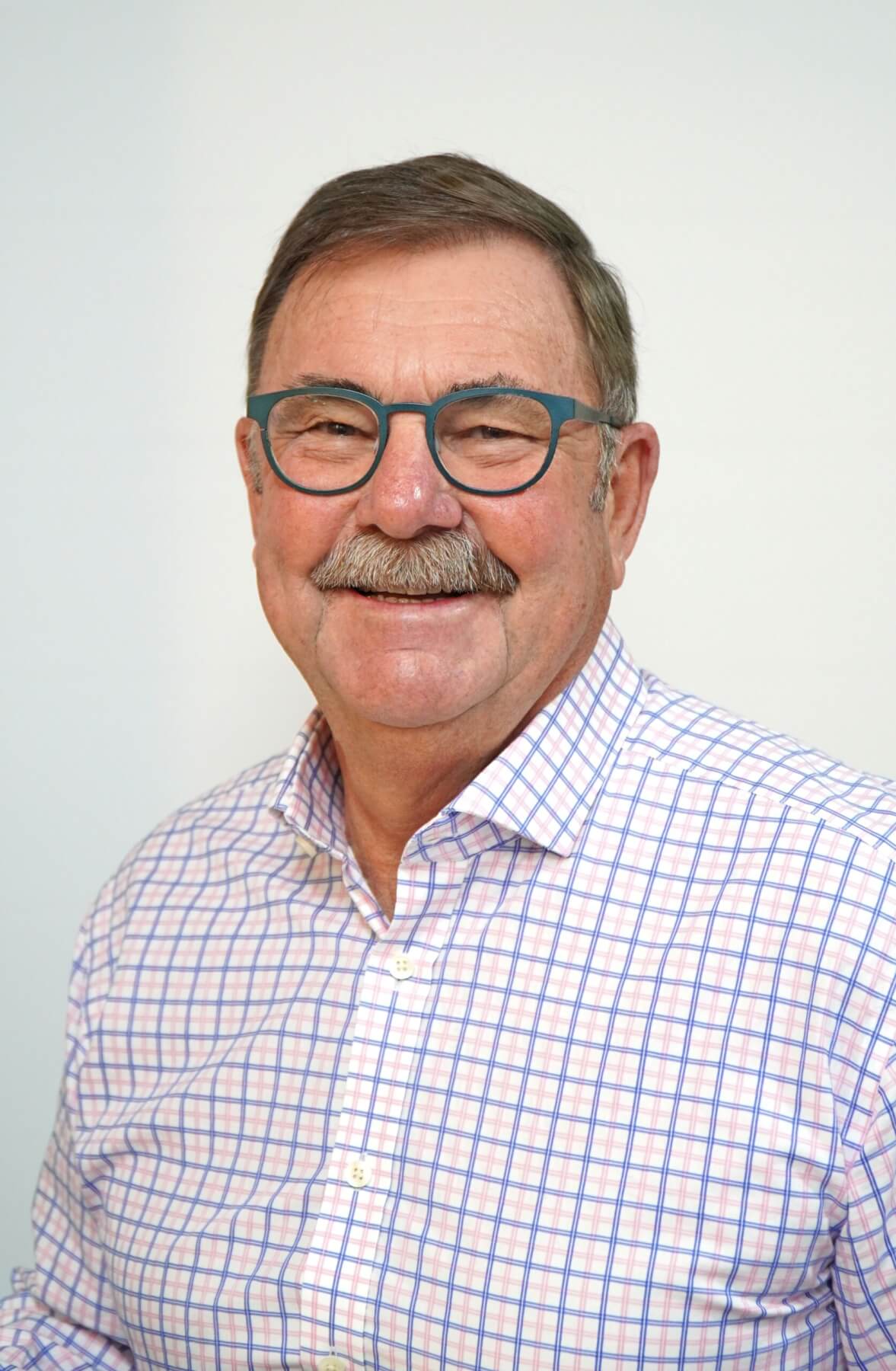
Cambridge ward

Pip Kempthorne – 2025
Pip Kempthorne – Cambridge Ward
1. Operational Deficits and Borrowing (maximum 100 words)
Waipā is currently running operational deficits over three years, which reduces the annual rates increase by around 4%. To fund this gap, the council is borrowing an average of $8 million per year.
a. Were you aware of this funding strategy?
b. Do you agree with the approach of borrowing to fund operational shortfalls as prudent rather than raising rates to fully fund current operations? Why or why not?
As a resident of Cambridge there has been a significant lack of transparency regarding the financial structure and reporting of the council’s finances. As a councillor, I would use my strengths in commerce and finance in this area to ensure both responsible and prudent financial practices are adhered to. Operational deficits are not acceptable in the medium to long term. In order to make sure operational deficits are eliminated, strong discipline is required by all key stakeholders, alongside improved organisational productivity and a constant search for value.
2. Ahu Ake – Waipā Community Spatial Plan (maximum 100 words)
The council has adopted the “Ahu Ake – Waipā Community Spatial Plan” as a long-term vision to guide growth and infrastructure planning.
a. Do you support the direction and priorities set out in Ahu Ake?
b. Given that the plan proposes a number of costly studies how would you ensure that it remains relevant, affordable, and aligned with community needs over time?
I support the development of the Ahu Ake spatial plan, as it has had significant involvement from the community and there has been a real attempt to get wide consultation and community engagement. The real problem with such plans is that the plans are often seen as disconnected with everyday life and that they are full of nice meaningful statements but nothing concrete. We need to concentrate on a more limited number of projects with clear benefits accruing to the community and deliverable within realistic timeframes, and this includes protecting existing assets.
3. Cambridge Connections (maximum 100 words)
The Cambridge Connections project reset proposes a transport network realignment and new infrastructure development around Cambridge, with potential long-term cost across the district and land use implications as well as extensive consultation.
a. Do you support the scale and scope of the Cambridge Connections project as currently proposed?
b. How should costs and impacts be managed to ensure fairness to ratepayers and affected communities?
Cambridge Connections failed because at the outset, council staff and elected representatives agreed to proceed with a plan that was designed to consult with a limited number of stakeholders, find a solution that they thought would work, and then presented a predetermined outcome to the residents of Cambridge. Cambridge residents found their voice and demanded a say. The only way that you can develop a transport plan for the township is to consult as widely as possible and to develop a solution in association with the community. If they had taken this approach from the very beginning, rather than a “Council knows best” approach, we would have already achieved a consensus on most of the issues.
4. Council Expenditure and Core Services (maximum 100 words)
a. In your view, is Waipā District Council currently limiting its spending to basic or essential services?
b. If elected, would you support a review of current expenditure with a view to reducing non-essential costs and/or staffing levels?
Waipa District Council, like many other councils, have allowed staffing levels to increase, often in non- value adding roles at the expense of operational capability. I would definitely support a total expenditure and staffing review and a return to core services. With the provision of water services going into a stand-alone entity in partnership with other local authorities, this is an opportunity to take a fresh approach and determine what a well focused council can achieve by providing outstanding customer service levels, operational efficiencies, greater utilisation of technology and concentration on core services.
5. Urban Intensification and Tier 1 Status (maximum 50 words)
Waipā must now enable greater housing intensification and density under new rules.
What principles should guide where and how higher-density housing is developed?
Tier 1 intensification was forced on the council by central government. This directive has the ability to fundamentally change the town as we know it. We must protect the unique character of Cambridge that draws so many people to live and visit here and define character clusters to ensure that we do not have character homes dwarfed by multi-level dwellings.
6. Māori Ward Representation (maximum 50 words)
Waipā established a Māori ward to enhance Māori representation at the council table.
Do you support the continuation of the Māori ward beyond the current term?
Yes, I support continuing these. In our central parliament we have seven Māori seats in a 123 seat house of representatives, making up 5.7% of MPs. In Waipa District, we have Māori ward inside a council with 12 members or 8.3% of those making up the full council. Proportionally this appears to be about right and Māori have an important voice.
7. Community Boards (maximum 50 words)
Do you believe community boards effectively represent community views and provide valuable advice to council? Would you support any changes to their role or powers?
When I heard of the “Blue Blob”, the first place that I turned to were the Cambridge Community Board. They truly listened to what the community had to say, represented these views to the council, and eventually achieved a workable outcome. Proper integration of the board with the council itself would significantly enhance the governance of our town.
8. Te Ara Wai (maximum 50 words)
What do you think the council should do with the old Bunnings building in Te Awamutu, which it bought to house Te Ara Wai Museum?
This appears to me to be a building excess to requirements. The acquisition of the building demonstrates how our council grab an idea, then uses our financial resources before full plans had been agreed. Sell the building and reduce debt.
9. Future of Lake Karāpiro Domain (maximum 50 words)
Lake Karāpiro Domain is often referred to as Waipā’s “jewel in the crown”. The site is currently being reviewed under the Reserves Act 1977, and future options may include increased commercial development such as hotel or motel accommodation.
Hamilton City Council now charges outsiders to visit the Gardens, should Waipā do something similar at Karāpiro?
Do you support further commercial development at Lake Karāpiro Domain and/or a visitors’ levy?
I would not rule out further commercial development in parts of Lake Karapiro Domain. It would have to be based upon a long-term lease with the underlying ownership retained by the current entity. I would not support charging an entrance fee to access this area.
10. Finally, what is your vision for the Waipā district? (maximum 250 words)
My vision for Waipa District Council is that it is truly responsive to the needs of the people of the area. I opted to seek the role of councillor when I realised that the biggest strategic decision that will impact the future development of Cambridge for the next 30 years, was being made by the council without a single resident being consulted. This must never happen again.
We sit right in the middle of the “Golden Triangle” in the upper part of the North Island, giving us a number of options for further economic developments. We must carefully develop the district without damaging the wonderful natural environment that only the Waikato region can provide. We must also achieve this economic development in an environment where we are already at the upper limits of our borrowing capacity, requiring smart decisions.
The Waipa district must fulfil the ambitions of all generations from the retirement community through to preschoolers who will face a very different future than we do. As a councillor, I aim to leave the district in a better condition to face the future than when I joined. That is economically, environmentally and socially.
The council has 12 elected representatives with 11 representing their respective communities. While each of us will want to look after the interests of our constituents, we must find common ground and make objective decisions based upon facts and not politics or personal agendas.
This can be achieved, and it would be my personal privilege to represent the Cambridge community for the next three years.








